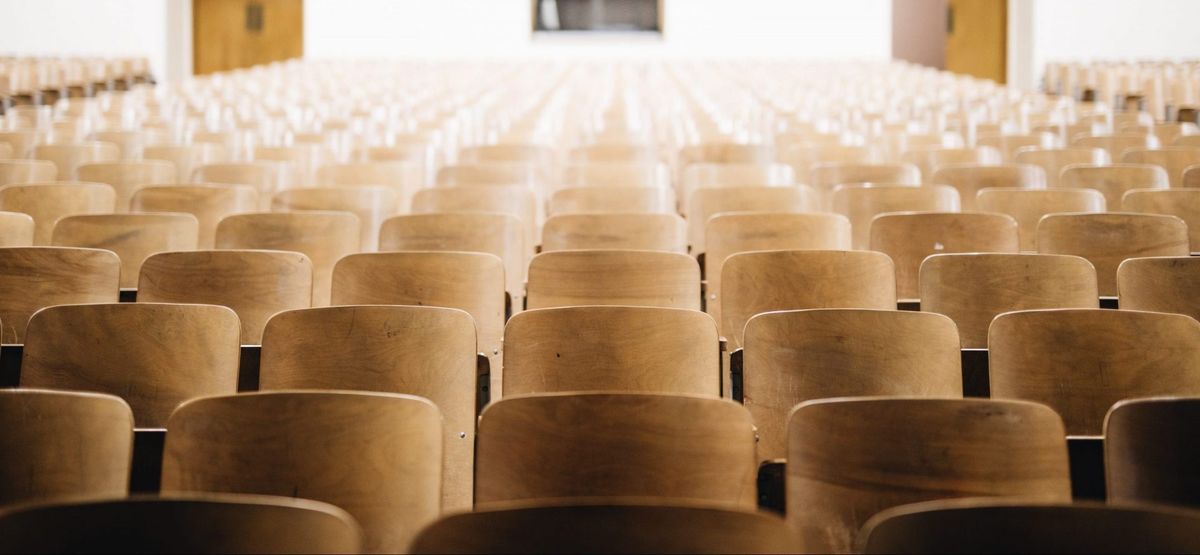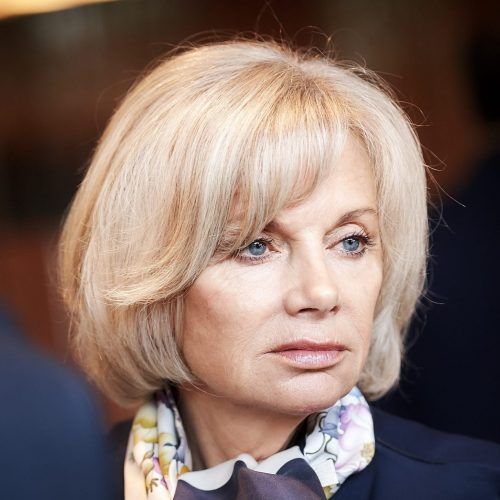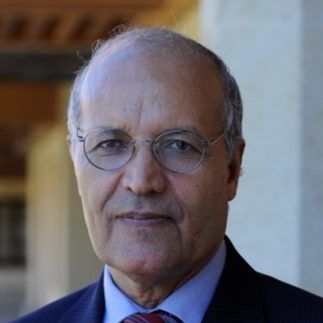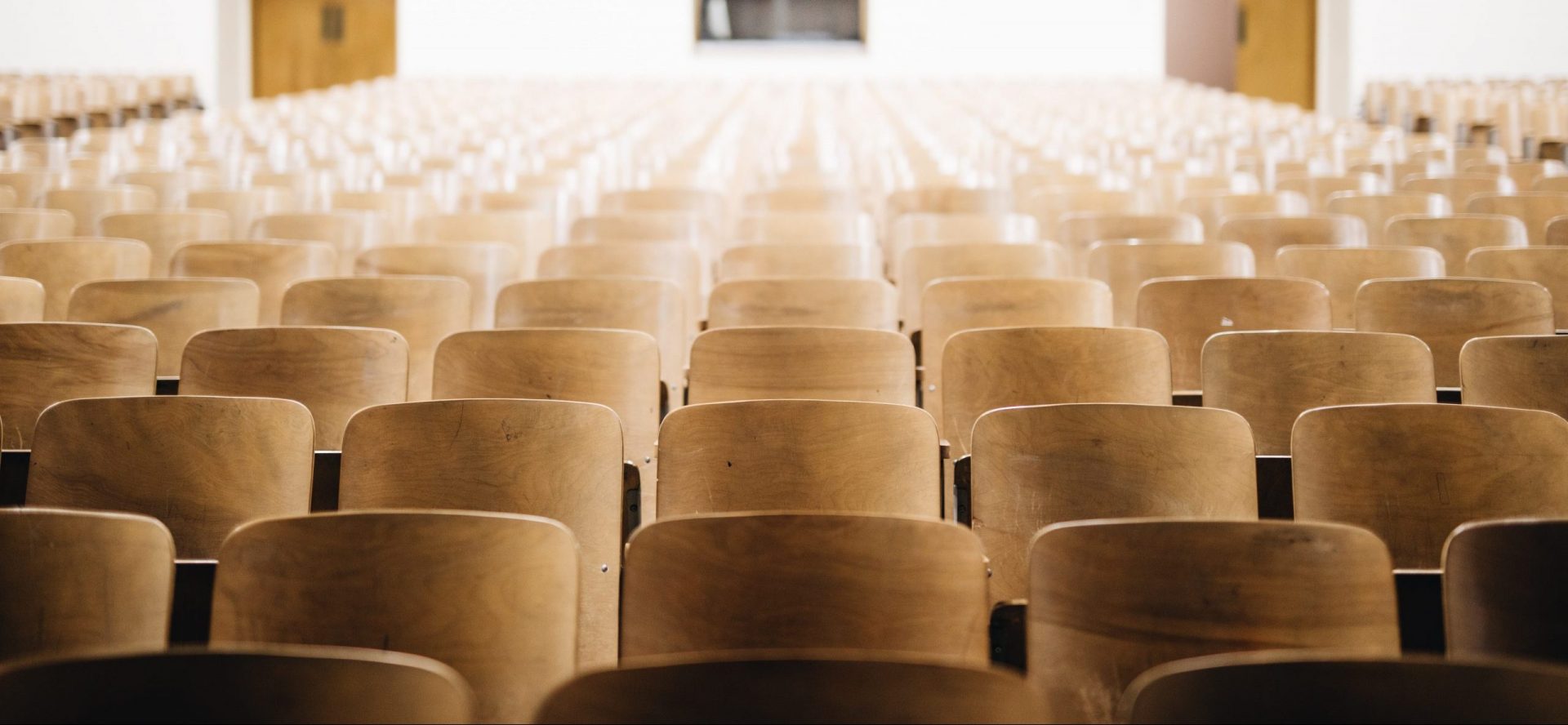
About
Ensuring that all girls and boys are granted quality education is a prime ambition of the Sustainable Development Goals. The return is considerable: a more diverse and prosperous economy, access to better services, and increased equality are amongst the clear benefits from open access to free education. The path towards achieving SDG4 is also an opportunity to develop the potential for collaboration between countries. Over the last few decades, exchange programmes across Europe and its neighbouring countries have been developed to enable a greater spread and diversity of knowledge. In the Euro-Mediterranean region, exchange programmes such as Erasmus+ and virtual platforms including Erasmus+ Virtual Exchange have encouraged decision makers and academics to work together in sharing knowledge and best-practices, while equally enabling youth to discover new cultural realities and gain intercultural learning.
However, COVID-19 having kept 90% of all students out of school, the important progress of recent years is at severe risk of being reversed. With many classrooms having remained empty for several months, authorities have scrambled to develop alternative education systems to connect teachers and students. The results vary greatly, with striking differences in completion rates between richer and poorer households, further exacerbating inequality.
- What role can digital tools offer to provide uninterrupted quality education for all and intercultural experiences to students?
- Which focus should be adopted by international partners?
- How can the lessons from this pandemic make our education systems more resilient and inclusive?
Related content:
Our events include photos, audio and video recording that we might use for promotional purposes. By registering, you give your permission to use your image. Should you have any questions, please contact us.
PHOTO CREDIT: Nathan Dumlao on Unsplash
Schedule
Ensuring that all girls and boys are granted quality education is a prime ambition of the Sustainable Development Goals. The return is considerable: a more diverse and prosperous economy, access to better services, and increased equality are amongst the clear benefits from open access to free education. The path towards achieving SDG4 is also an opportunity to develop the potential for collaboration between countries. Over the last few decades, exchange programmes across Europe and its neighbouring countries have been developed to enable a greater spread and diversity of knowledge. In the Euro-Mediterranean region, exchange programmes such as Erasmus+ and virtual platforms including Erasmus+ Virtual Exchange have encouraged decision makers and academics to work together in sharing knowledge and best-practices, while equally enabling youth to discover new cultural realities and gain intercultural learning.
However, COVID-19 having kept 90% of all students out of school, the important progress of recent years is at severe risk of being reversed. With many classrooms having remained empty for several months, authorities have scrambled to develop alternative education systems to connect teachers and students. The results vary greatly, with striking differences in completion rates between richer and poorer households, further exacerbating inequality.
- What role can digital tools offer to provide uninterrupted quality education for all and intercultural experiences to students?
- Which focus should be adopted by international partners?
- How can the lessons from this pandemic make our education systems more resilient and inclusive?
Speakers
Elisabeth Guigou
Former president of the French National Assembly’s Foreign Affairs Committee and Trustee of Friends of Europe
Driss Ouaouicha
Moroccan Deputy Minister for Higher Education and Scientific Research
Speakers

Former president of the French National Assembly’s Foreign Affairs Committee and Trustee of Friends of Europe
Elisabeth Guigou is president of the Anna Lindh Foundation, a network of civil society organisations dedicated to promoting intercultural dialogue in the Mediterranean region. Before this appointment, Guigou served as French Minister of European Affairs, member of the European Parliament, and member of the French National Assembly, among numerous other posts. In addition to this, Guigou was the first female to be appointed Minister of Justice in France, where she distinguished herself for her fight for a more independent justice system.

Moroccan Deputy Minister for Higher Education and Scientific Research
Driss Ouaouicha is the Moroccan Deputy Minister for Higher Education and Scientific Research. His experience in the field of higher education extends to several senior positions at universities and schools across Morocco, including Dean of the School of Humanities at Moulay Ismail University. While he was Vice-President for academic affairs at Al Akhawayne d’Ifrane University, he contributed to increasing the University’s global recognition notably through accreditation by the New England Association of Schools and Colleges. In addition, Driss Ouaouicha is the former Secretary of the EuroMed Permanent University Forum, and became a Member of the National Economic and Social Council in 2011.
Partners
THIS ACTIVITY IS ORGANISED IN PARTNERSHIP WITH THE ANNA LINDH FOUNDATION

CO-FINANCED BY THE EUROPEAN UNION

Continue
the debate on
- Debating Europe

